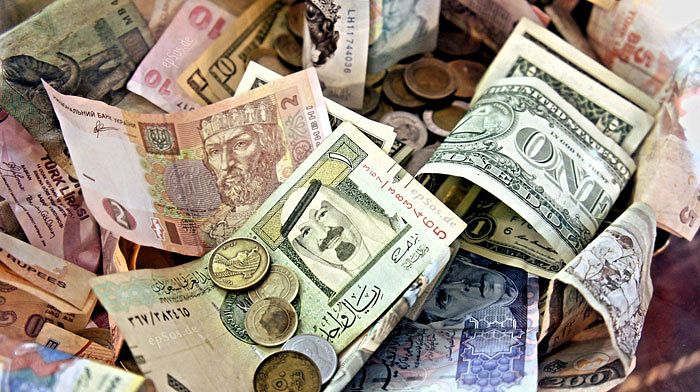The technology and social media empires are raking in enormous revenues, but as a result of the limitations of Vietnam's current tax laws and poor regulation, very little of that money stays in the country.
In this year’s first quarter alone, Google’s revenue hit US$31 billion, an increase of 26% compared with the same time period last year, according to VietnamNet. Similarly, Facebook’s first-quarter revenue was US$12 billion, a 50% increase over last year’s. The companies generate the money through advertisements, and their success comes despite high-profile scandals regarding the leaking of users’ private information.
The Vietnamese government, however, benefits very little from the massive business Google and Facebook do here. Neither company has an official representative office or licensed entity here so no official statistics exist for how much money they make in the country. Without having a licensed presence in the country, the only taxes that can be collected from them is a 5% value-added tax and a 5% corporate income tax on any revenue generated from their operations in Vietnam. These taxes are typically passed onto their Vietnamese partners that include advertising agencies and Vietnamese businesses that directly purchased their services.
According to a Ministry of Finance (MoF)’s report, in 2016-2017, those partners only paid US$5.28 million in taxes. These amounts could be much higher, to the benefit of the country, but collecting them proves exceedingly difficult. The partners routinely make their payments to Google and Facebook via international credit institutions, such as Visa, MasterCard, and JCB, without deducting the foreign contractor tax or reporting the sales. While occasionally they catch an offending business, more often the true volume of taxable activity goes unmonitored thanks in part to cash transactions as well as anonymous and fake accounts.
Google further skirts taxes by having its representative office in Singapore which allows them to avoid corporate income, personal tax and social insurance for their employees based in Vietnam.
A variety of proposals have been made to address the situation. Authorities must work more closely with companies, post offices, delivery companies and banks to more accurately monitor and tax Facebook and Google partners operating in Vietnam. So far, only 2,000 of the 13,422 online sellers that tax officials have reached out to have registered themselves with the government.
The MoF recently drafted regulation requiring all businesses purchase goods and services from Facebook and Google using NAPAS, the country’s national payment portal, which would allow the tax collectors to more effectively monitor revenues. Some have suggested that the ministry should also rewrite its policy in taxing foreign companies so the burden is not born entirely by Vietnamese entities using their services.
At a meeting last month, the National Defense Committee (CNDC) and Diplomatic Committee met to discuss issues related to Google and Facebook’s operations in Vietnam. While they opposed requiring the companies to install servers here, they did conclude that Google and Facebook should have representative offices in Vietnam and store Vietnamese users' data in the country. Such measures would assist with tax collection as well as be of benefit in the advent of a cross-border internet security breach as well as give the government the power to remove information deemed inappropriate.
While little progress has been made, something clearly needs to be done, as sales via Facebook have been expanding by almost 20% per year and in 2017 was estimated to be worth US$4 billion. Increased smartphone use and Facebook’s increased attention to its role as a marketplace is expected to drive the number to US$10 billion by 2020.














